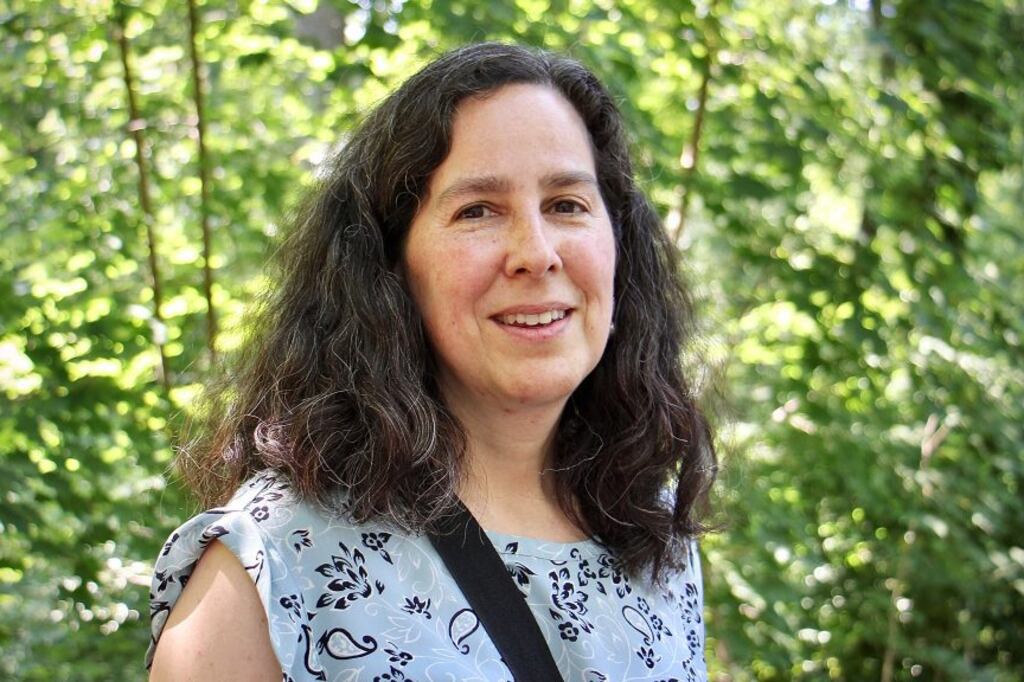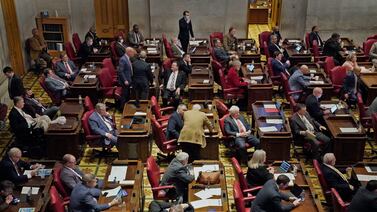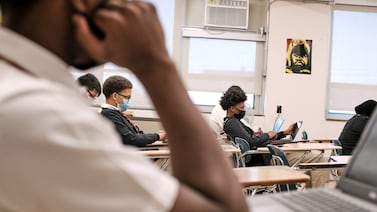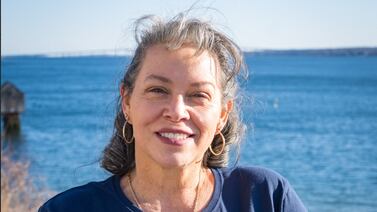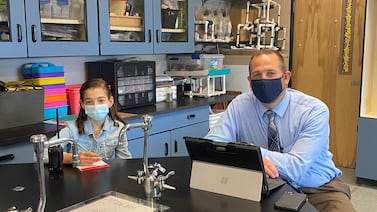Students should get vaccinated to ensure better protection against the coronavirus, Philadelphia’s acting Health Commissioner Cheryl Bettigole said Tuesday.
She wasn’t ready to say whether face masks will be mandatory in schools after the year ends, noting that the city will follow the guidance of the Centers for Disease Control and Prevention.
“Any student who is able to get vaccinated who is 12 or over should get vaccinated,” Bettigole said during the city’s last virtual press conference on COVID-19. “It’s just better protection. We know that kids are at lower risk than older people, but they have some risk. And you know, they’re around other people and could potentially spread the virus. So yes, absolutely.”
Bettigole’s predecessor, Dr. Thomas Farley, also urged students to get the COVID-19 vaccine, but said it wasn’t mandatory. Farley stepped down recently after he admitted to mishandling the remains of MOVE bombing victims.
In Philadelphia, children age 12 and up do not need the consent of a parent or guardian to be vaccinated, according to the city’s health department. Currently, only the Pfizer vaccine is authorized for age 12 and up.
Bettigole said some universities have started requiring students to be vaccinated against COVID-19. She said she hasn’t heard about schools for younger children requiring vaccinations, but it’s still “early days.”
“So you know, we’re waiting to see what the school district will decide to do and what the colleges and universities in the area will decide to do,” she said.
Superintendent William Hite and Mayor Jim Kenney said last week that the city’s schools will open for full-time in-person learning in the fall for all students who want to attend, with the caveat that the CDC further relaxes its social distancing requirements for schools.
“Most importantly, the rate of positive COVID cases within our district has remained well below 1%,” Hite said.
For most of this school year, the Philadelphia Federation of Teachers criticized the district’s plans to reopen schools due to concerns about building safety, with ventilation and teacher vaccinations topping the list of concerns. The union last week issued a report indicating that potentially toxic conditions, including peeling lead paint, mold and damaged asbestos, still exist in many district buildings.
District spokeswoman Monica Lewis said since summer programming will take place indoors, people are required to wear face masks. Classes begin June 28. “We will make adjustments to this if and when the CDC and PDPH make any changes,” she told Chalkbeat in an email.
The city is expected to make an announcement about the face masks on June 7, according to Bettigole.
“The CDC has recommended that masks stay in place for schools through the end of the school year,” Bettigole said. “And, you know, then we’re going to take a look at the situation during the summer, and I’m sure the CDC will be looking at the situation during the summer as well. It’s going to depend on where we are with vaccinations, where we are with case rates, and our ability to do contact tracing.”


